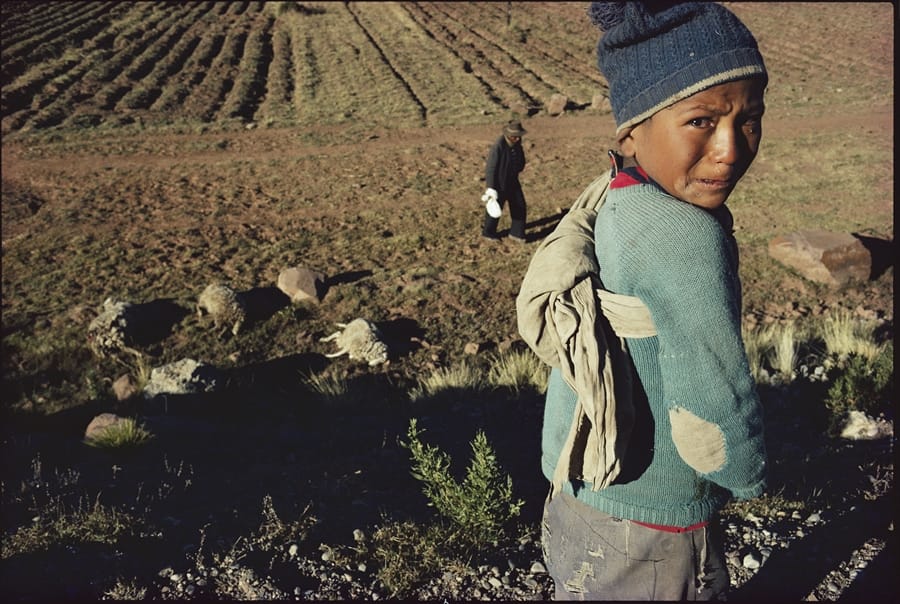There is a well-known story about a boy who eats too much sugar, so his parents take him to see Gandhi. They visit Gandhi fifteen times and each time Gandhi simply tells them to go away and come back later. On the sixteenth visit, Gandhi shakes the boy seven times, saying “Stop eating sugar!” with each shake. Surprised, the mother asks, “Is that it? Why didn’t you just do that the first time we visited?” Gandhi replies, “Well, first I had to stop eating sugar.”
As Co-Director of The Life You Can Save, I am trying very hard to stop eating sugar (metaphorically speaking) – I am trying to cut back on useless consumption that harms my capacity to fight global poverty and also contributes to environmental destruction. This year my wife and I hope to reduce our consumption significantly, but it is hard work after so many years of acquiring bad habits relating to overconsumption. As part of this regular blog, I want to share my successes (and failures) and invite others to share the strategies that have worked best for them in their personal fight to reduce harmful consumption and fight global poverty.
One early success for me involved moving to an area of the United States with significantly lower cost of housing, which had the added benefit of putting us within seventy-five minutes of our two children and my wife’s sister and elderly parents. But this was an easy one for which I really can’t pat myself on the back too much. One positive strategy we are using is to set a budget well below previous spending and make a pact to stay within it, which means we don’t have to look at every single spending decision. The downside of this strategy is that the budget still leaves plenty of room to consider further reductions, so we do not completely eliminate the question, “Should we buy this or give the incremental dollars away?” The obvious solution would be to set a stricter budget, which seems ethically correct but feels too uncomfortable right now. Reconciling head and heart is a task before my wife and me. What strategies are you using and are you sharing them with people in your circle and/or here?
Now for two early failures. We are finishing a European holiday to celebrate our 40th wedding anniversary that we could have cancelled! And we continue to eat meat, which neither of us can justify. We will set the goal of reducing our meat consumption and only eating humanely raised animals (is that an oxymoron?) using the popular concept of “personal best”. “Personal best” is about setting yourself challenging but realistic targets and increasing those targets once you’ve met them…and not forgetting to congratulate yourself when you reach each target!
An important part of both personal change and culture change involves being open about your beliefs on these issues. That’s what I am trying to do here and I hope you all will join me within your circle. As I read this I wish I was doing more and I am somewhat embarrassed by my current efforts, but I remind myself that this is a big improvement over last year and we are exceeding Peter’s suggested minimum percentage and I am working hard on the organizational development of The Life You Can Save. We use the idea of “personal best” here too; if every year we improve that is great! Look for “personal bests” to achieve in your life. Be proud of the changes you are making in your efforts to fight global poverty – talk about them! It will help others to change even if some view you as self-righteous or you are embarrassed that you are not doing enough – have the courage to be public…it is critically important!



